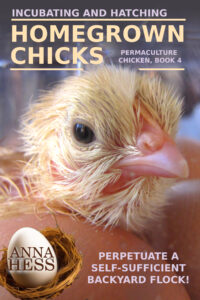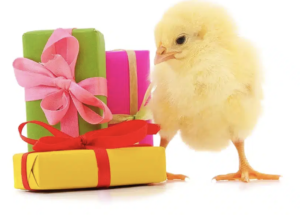How to Choose and Store the Best Eggs for Incubation
Selecting Eggs for Incubation
The first step when incubating eggs is selecting the very best ones. Not all eggs will hatch out healthy chicks, and there are several factors that stack the deck in favor of success.
First up is your eggs’ parentage, which will have an impact on fertility rates. A flock consisting of young birds out on lush pasture will result in better eggs than a flock of old birds stuck in the coop 24/7. Inbreeding can also be an issue in small flocks — this might be a reason to swap eggs with a chicken-keeping friend every once in a while.
Next, you can tell a lot by looking at each individual egg. You probably already know that huge eggs can be double-yolkers, so you’ve likely guessed that average-sized eggs are best. You’ll also want to skip, cracked, dirty, and porous eggs. Take a look at the image above to get an idea for what I mean by the last point if you’ve not already aware.
Storing Eggs
In a perfect world, you’d go out to your coop, collect the exact number of perfect eggs you need, then pop them in the incubator that day. But most of us don’t have flocks big enough to make that happen. If you have a small flock, you’ll need to store eggs for a few days until you accumulate enough to fill the incubator.
Whatever you do, don’t put these eggs in the refrigerator since cold can harm embryos and make the eggs much less likely to hatch. Instead, cut the top off an egg carton and put each egg in pointed-side down. Place the stored eggs in a cool (55 to 68 degrees Fahrenheit; 13 to 20 degrees Celsius) place out of direct sunlight.
To ensure that the embryos don’t stick to the shell, put a thick book or a block of wood under one end of the egg carton and swap the carton end-to-end twice a day, tilting all of the eggs at once without touching them. The less you touch your eggs, the more likely they are to hatch.
Each day an egg waits to go in the incubator, it becomes slightly less viable. The aging process accelerates drastically after day seven. In addition, high heat during the storage period can age eggs prematurely. For these reasons, try to get your eggs into the incubator within a week after they’re laid and store them at or below room temperature.
![Incubating and Hatching Homegrown Chicks]() Find out more in my book!
Find out more in my book!
Do you want more tips for increasing your hatch rate? Incubating and Hatching Homegrown Chicks will level you up so you’re confident you can hatch healthy homegrown chicks every time!





 Introduction
Introduction